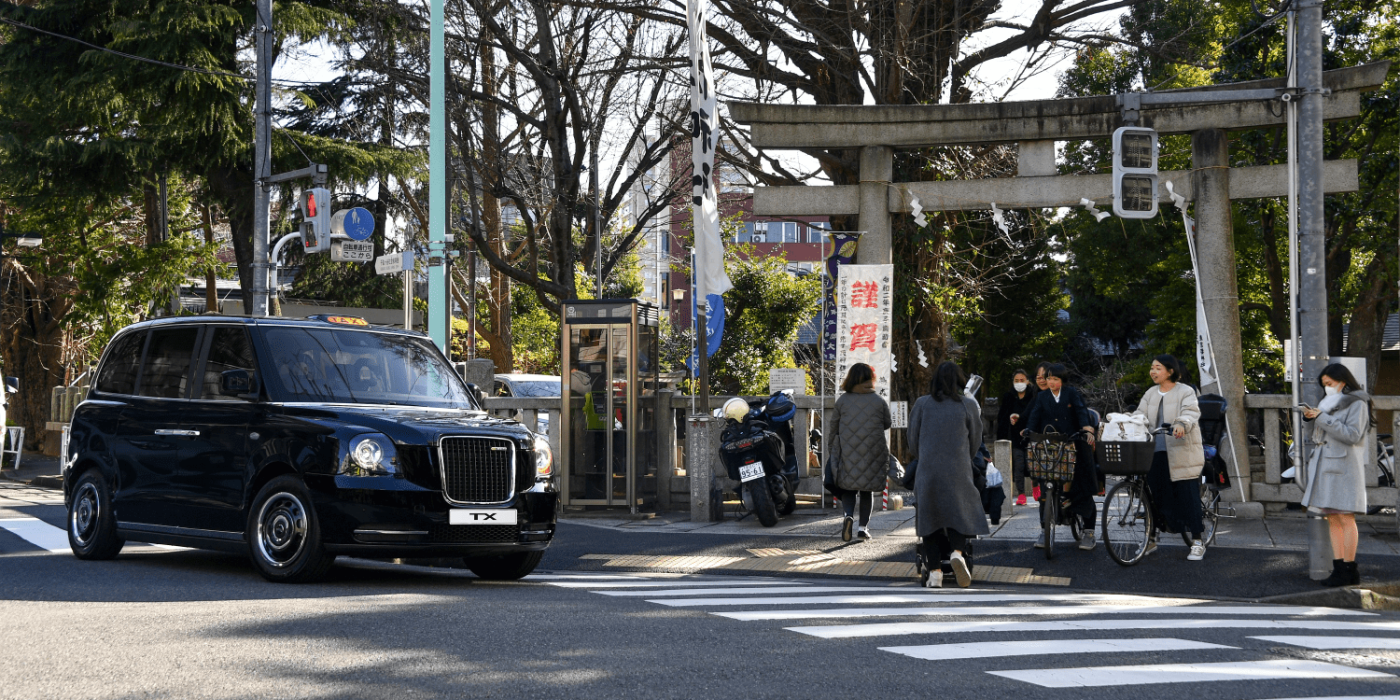Japan to double electric vehicle subsidies
According to reports in Japanese media, the government of Japan plans to double its subsidies for battery-electric vehicles as part of a supplementary budget for 2020. This includes both privately owned vehicles as well as company vehicles.
The Japan Times has reported that the maximum amount per battery-electric vehicle is to be raised from the current 400,000 yen (3,200 euros) to 800,000 yen (6,400 euros). The prerequisite is that the vehicles are to be charged exclusively with electricity from renewable energy.
Here the article says that the government assumes that the increased subsidies will cover electric vehicles charged with self-generated solar power or green power purchased from energy companies. This stipulation is repeated regarding grants for plug-in hybrid cars, for which government subsidies will not be increased.
Subsidies for hydrogen fuel cell vehicles are also to remain where they are. These already have much higher support than purely electric or hybrid cars at 1,25 million yen which comes to around 9,800 euros. Here, the Japanese government has a particular push with fuel cell vehicles and hydrogen in general. Japanese company Toyota currently makes the Mirai, the only fuel cell car in mass production on the market internationally. At the same time, the government is a prominent advocate of the hydrogen economy, reflected, among industry players in the launch of the Hydrogen Alliance.
Since the Japan Times report is based only on information from Jiji Press anyway, it will probably be necessary to wait for the final regulation of the Japanese government.
Japan has set itself the goal of zero net greenhouse gas emissions by 2050. In mid-2019 the government tightened emissions targets for vehicles for 2030.





0 Comments